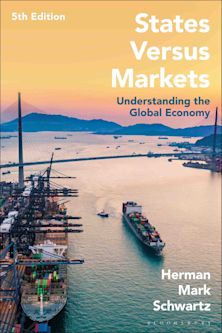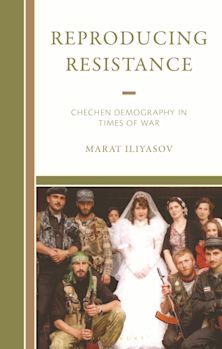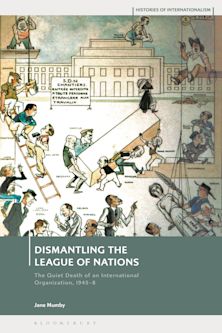- Home
- ACADEMIC
- Politics & International Relations
- International Relations - Other
- Cotton Cultivation and Child Labor in Post-Soviet Uzbekistan
Cotton Cultivation and Child Labor in Post-Soviet Uzbekistan
You must sign in to add this item to your wishlist. Please sign in or create an account
Description
Uzbekistan is the world's fifth largest producer and second largest exporter of cotton in the world, and unlike other countries where child labor is common, it is the totalitarian state of Uzbekistan's official policy to employ children. This book discusses the use of child labor in cotton cultivation in Uzbekistan following the fall of the Soviet Union, drawing on an extensive field investigation and in-depth interviews with human rights activists, government officials, and social workers.
Table of Contents
Chapter Two: Locating Child Labor in Uzbekistan
Chapter Three: Cotton Cultivation and Child Labor in Uzbekistan
Chapter Four: Social and Legal Aspects
Chapter Five: Analytical Perspective
Chapter Six: Sociological Perspective
Chapter Seven: Critique, Conclusions, and Policy Implications
Product details
| Published | 17 Sep 2015 |
|---|---|
| Format | Ebook (PDF) |
| Edition | 1st |
| Extent | 160 |
| ISBN | 9798216307969 |
| Imprint | Lexington Books |
| Illustrations | 4 Charts, 9 Tables |
| Publisher | Bloomsbury Publishing |
About the contributors
Reviews
-
This book looks at the post-Soviet transition of Uzbekistan's economy and social life through a lens of child labor in cotton production. Bilal Bhat employs results of multiple surveys to illustrate the paradoxes of the collapse of the post-Soviet agricultural sector in Central Asian countries. The author studies complex and conflicting interaction among the state, the society, and the new elites in Uzbekistan through their attitude toward child labor, childhood, and education.
Muzaffar A. Olimov, Tajikistan Academy of Sciences



































